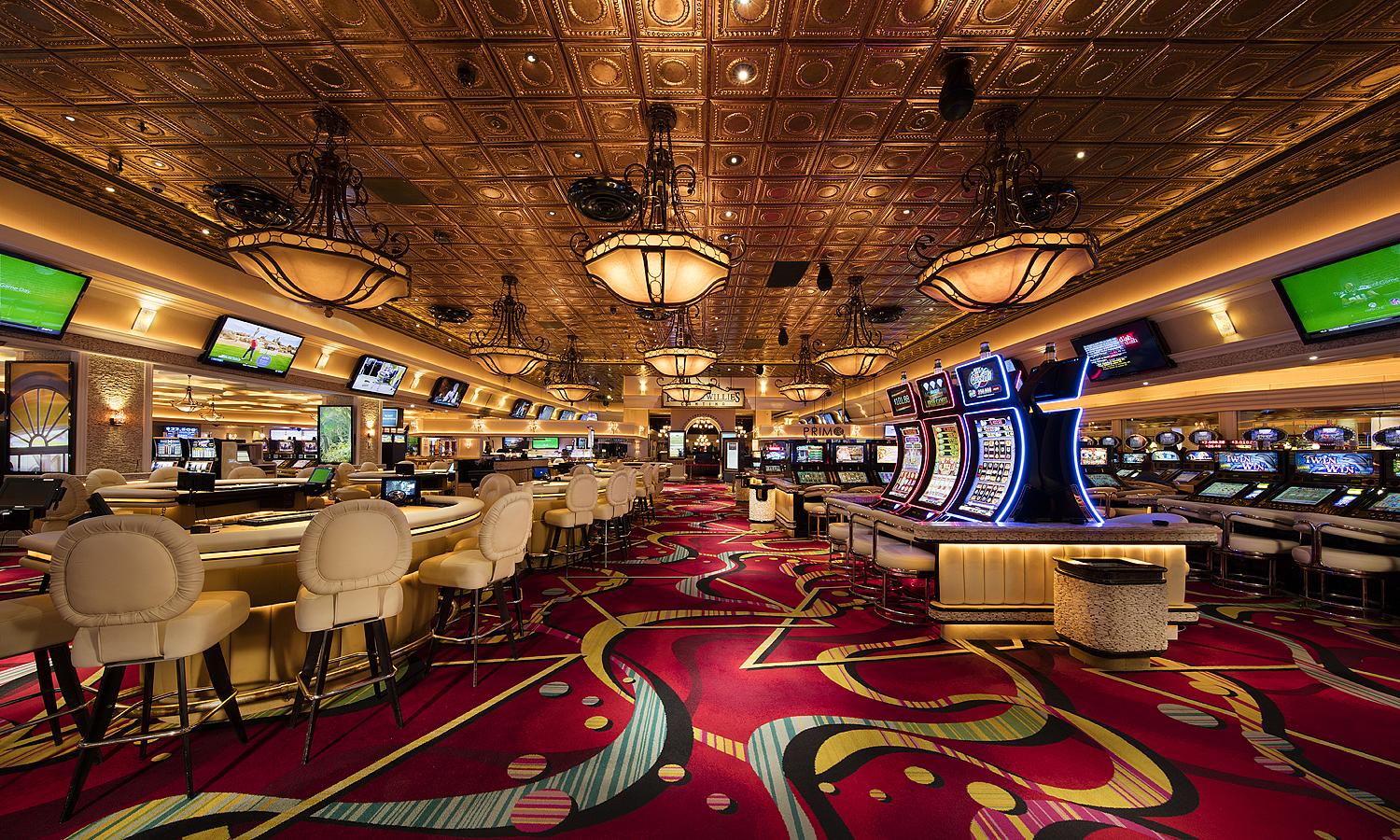
Casino gaming has long been a subject of fascination and controversy, drawing in millions of players around the world. With a mix of chance, strategy, and the excitement of uncertainty, casino games offer an exciting escape from everyday life. Pq88 However, as entertainment becomes ever more accessible, it invites a deeper examination of the morality surrounding these games.
At the heart of the discussion lies the question of whether casinos promote safe gambling or take advantage of vulnerable individuals. The appeal of potential winnings versus the truth of losses can create a complex situation, and understanding this balance is crucial for both players and operators. As we delve into the ethics of casino gaming, we will explore the duties of casinos, the effects on society, and the steps that can be taken to foster a better gaming environment.
The Impact of Casino Gaming on Society
Casino gaming has a significant influence on society, affecting not only the financial landscape but also social behaviors and community structures. The funds generated from casinos can lead to employment opportunities and boost regional economies, as they provide multiple employment opportunities in multiple fields including food and beverage, entertainment, and shopping. However, while the financial benefits can be significant, communities often struggle with the potential negative impacts that arise from higher gambling activity.
Additionally, the presence of casinos can lead to an increase in gambling addiction, presenting serious challenges for individuals and families. The thrill of casino games can quickly transform into a compulsive habit, affecting connections with others and leading to financial instability. Many players may find it difficult with the loss of control over their gambling habits, resulting in a need for assistance programs and help to address this growing issue. The social cost of gambling addiction can ripple through families and neighborhoods, creating an urgent need for sensible gambling approaches.
In addition to the economic and social ramifications, casino gaming often showcases cultural attitudes towards uncertainty and leisure. It can foster a sense of excitement and leisure, attracting visitors and boosting tourism. However, this allure may also mask the wider implications of gambling as a form of entertainment, provoking ethical questions about its promotion and accessibility. As communities weigh the benefits and drawbacks of casino gaming, the need for responsible practices and regulation becomes increasingly critical in ensuring that the beneficial elements are maximized while reducing the negative effects.
Ethical Concerns in Gambling Practices
The morality of gambling gaming often center around the risk for addiction and its consequences on people and families. Gambling can lead to serious financial distress, impacting not only the betters but also their loved ones. As people become caught in the allure of winning, many lose sight of their budget, which can result in devastating outcomes such as bankruptcy. This raises ethical questions about the responsibility of gambling establishments in fostering responsible gambling habits and offering support for those who may be dealing with betting addiction.
Another major concern is the advertising of betting to at-risk groups. Casinos often aim at low-income individuals or neighborhoods with the promise of quick gains, which can perpetuate cycles of poverty and despair. In this situation, the ethics of marketing strategies used by casinos come under examination, as they may exploit the need of people seeking an escape from economic troubles. This manipulation raises ethical questions about the honesty of the betting industry and its obligation to protect its most at-risk patrons.
Additionally, the effect of gambling operations on the community as a entirety cannot be overlooked. While some argue that casinos create jobs and stimulate local economies, others point to the social costs associated with problem betting, increased criminal rates, and a strain on public services. Balancing financial advantages with the potential for community issues presents a complex ethical dilemma for lawmakers and casino operators alike. The challenge lies in discovering a ethical approach that takes into account the well-being of people and society while still permitting for the pleasure of gambling activities.
Regulation System and Duties
The regulatory structure surrounding gaming activities is created to ensure justice, integrity, and participant protection. Multiple government agencies and gambling commissions create and implement regulations that dictate how casino games operate, the criteria for activity development, and the protocols for managing prizes. These regulations change by locale but typically involve permit requirements for providers and rigorous measures to stop cheating and dishonesty.
In addition to oversight bodies, gaming operators bear major duty in preserving ethical standards within their facilities. They must adopt responsible gaming practices that promote player protection and consciousness, including offering self-limitation options and offering information about the dangers associated with betting. Operators are also obligated for educating staff to recognize signs of problem gaming and understand the correct steps to help customers in distress.
Furthermore, clarity in casino operations is crucial for earning and preserving public faith. Operators should offer clear details about the chances of activities, promotional opportunities, and any associated dangers. By creating an environment of integrity and trust, operators can help reduce the potential adverse impact of betting while boosting the overall gambling experience for all participants.
